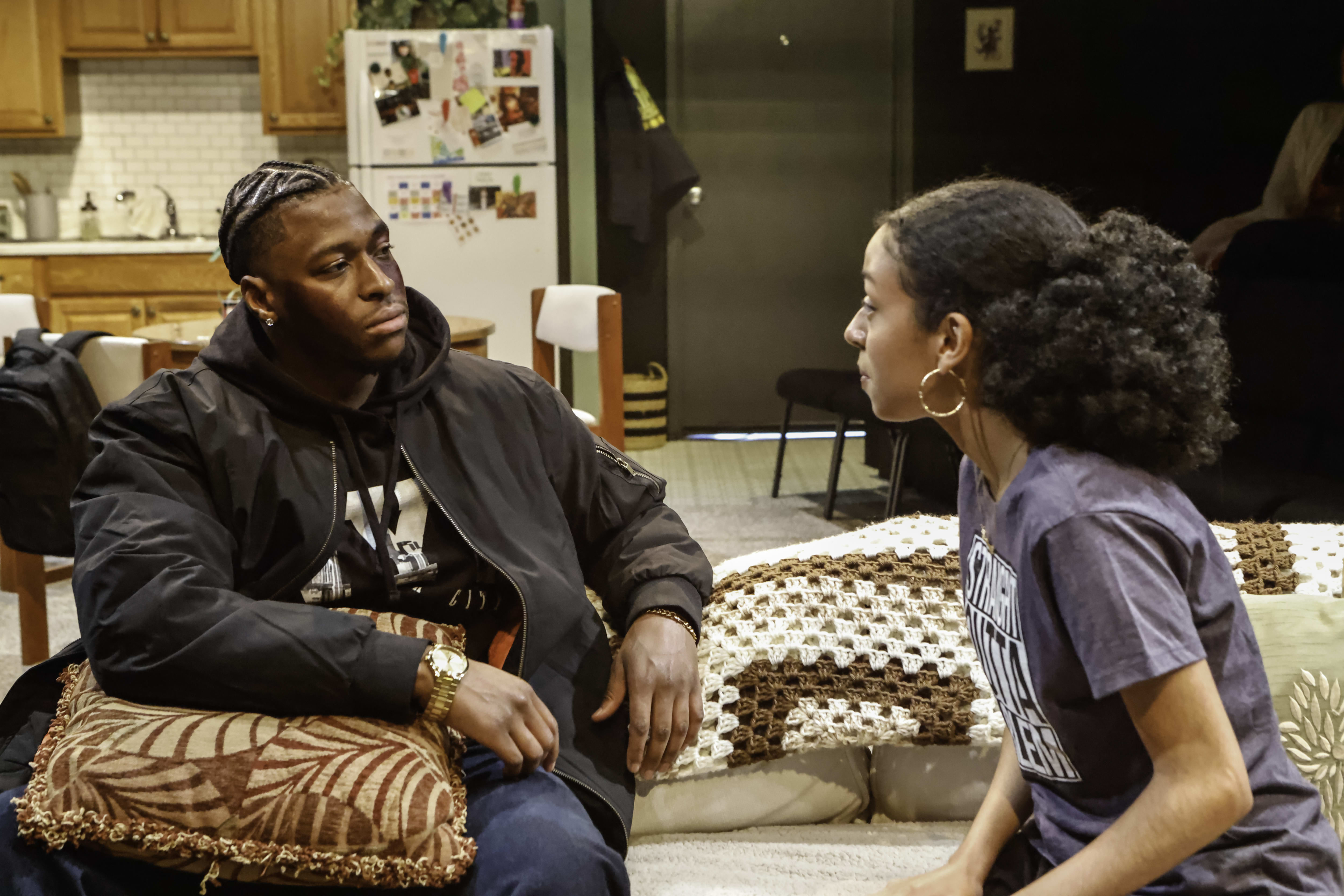New York Theater Writer Michael Riedel Recalls Some Unforgettable Show Biz Parties

Michael Riedel
Image: Getty Images
Nobody throws a better party than theater people, especially an opening night party for a show that’s a hit.
As the theater columnist for the New York Post for the past 22 years, I’ve been to my fair share of Broadway openings, enjoying the free food and drink, swapping the latest gossip and collecting anecdotes.
The first opening night party I attended was for Patrick Stewart’s one-man show A Christmas Carol in 1991. I was a young reporter, assigned to cover the event. It was at Sardi’s, the legendary eatery for theater types that’s been on West 44th Street for 90 years, and it was right out of All About Eve.
As the first nighters drifted in, there was an edge in the air. Back then a show lived or died by its review in The New York Times. The first edition of the paper didn’t come out until 9:45 p.m. The party started at 8 p.m. Nervous producers and backers knocked back drink after drink at the bar.
And then, at 9:48 p.m. the show’s press agent dashed into Sardi’s and handed the review to the lead producer. “It’s a hit,” the press agent said.
The phrase “It’s a hit” reverberated throughout the restaurant.
The producer said, “Ladies and gentlemen, may I have your attention. Our review is out, and I would like to read it to you.”
He then stood on a chair in the middle of the main room and read the rave in the Times. Cheers erupted, Stewart took a bow and the waiters uncorked the champagne, which flowed until about 4 a.m.
Openings aren’t nearly as dramatic as that anymore. Nowadays backers take out their cell phones to read the reviews. Look around at an opening night and you’ll know when the review has dropped, because faces will be glowing from the light of iPhones.
Here’s one of my favorite stories from Sardi’s.
Moss Hart, the celebrated playwright of Jewish birth (think You Can’t Take It With You, The Man Who Came to Dinner and the book of My Fair Lady), opened his new show in Philadelphia. The critics killed it. Moss and his brother Barney hopped the train to New York. As soon as it pulled into Penn Station they made for the bar at Sardi’s.
“Those reviews were terrible,” Moss said over a martini. “With reviews like that we’re never going to get out of Philadelphia. There is no way we’re ever going to get out of Philadelphia. Do you hear me, Barney? THERE IS NO WAY WE ARE EVER GOING TO GET OUT OF PHILADELPHIA.”
Barney took a sip of his martini and said, “Moss, relax. We got out of Egypt, we’ll get out of Philadelphia.”
If a show’s a flop, the opening night party turns into a wake as soon as the bad reviews come out. The party for the opening of the 2004 revival of Fiddler on the Roof was such an event.
The show’s director, an Englishman named David Leveaux, came up with a beautiful production, but it lacked a “Jewish soul,” as a Jewish scholar from New York University told me for a column I wrote about how Leveaux had “ethnically cleansed” Fiddler on the Roof.
(Leveaux cast three actresses named Kelly, Murphy and O’Reilly as Tevye’s daughters. Alfred Molina, a Catholic whose parents came from Spain, played Tevye. All the residents of Anatevka were young, beautiful and buff. This was the only shtetl, I wrote, that had an Equinox gym.)
I was with the producer of the show, Jimmy Nederlander Jr., at the opening night party when the Times’ review came out. The headline was: “An Episcopalian on the Roof.”
“What am I going to do?” Jimmy asked.
“Let’s get out of here,” I said. “I’ll buy you a drink somewhere else.”
As Jimmy and I were hashing things over at Angus McIndoe, a popular theater bar back in those days, Leveaux and his entourage appeared. David came over to me and said, “I don’t care what you say about my show, but I object to the phrase, ‘ethnically cleansed.’”
“Oh, David, I was just having a little fun,” I said. “Let me buy you a drink.”
“‘Ethnically cleansed’ is a loaded phrase, and I object to it,” he continued. “I object to the phrase ‘ethnically cleansed.’”
With the courage of a couple of Malbecs under my belt, I said, “And I object to you Oxford intellectual elites ruining our great American musicals.”
BAM!
The next thing I knew I was on the floor, looking at my broken watch. David, who had shoved me off my barstool, had retreated to his table, his nostrils flaring.
The owner of the bar rushed over, picked me up off the floor and threw Jimmy and me out onto the street.
Jimmy, brushing off his tuxedo, said, “I don’t know. If somebody called me an Oxford intellectual elite I wouldn’t have hit him.”
The next day Cameron Mackintosh, the producer of megahits Cats, Phantom of the Opera and Les Miserables, called me from China.
“Michael,” he said giddily. “I hear David hit you and you’re in the hospital with five broken ribs!”
That’s how gossip travels on Broadway.
Truth be told, I was none the worse for wear. The Post immortalized the incident in Page Six under the headline, “‘Roof’ Director Floors Post Scribe.”
It was a memorable opening night, and I’ve been dining out on it ever since.
Michael Riedel is the co-host of Len Berman and Michael Riedel in the Morning on 710 WOR in New York City. He’s also the theater columnist for the New York Post and the author of The New York Times bestseller, Razzle Dazzle: The Battle for Broadway.



